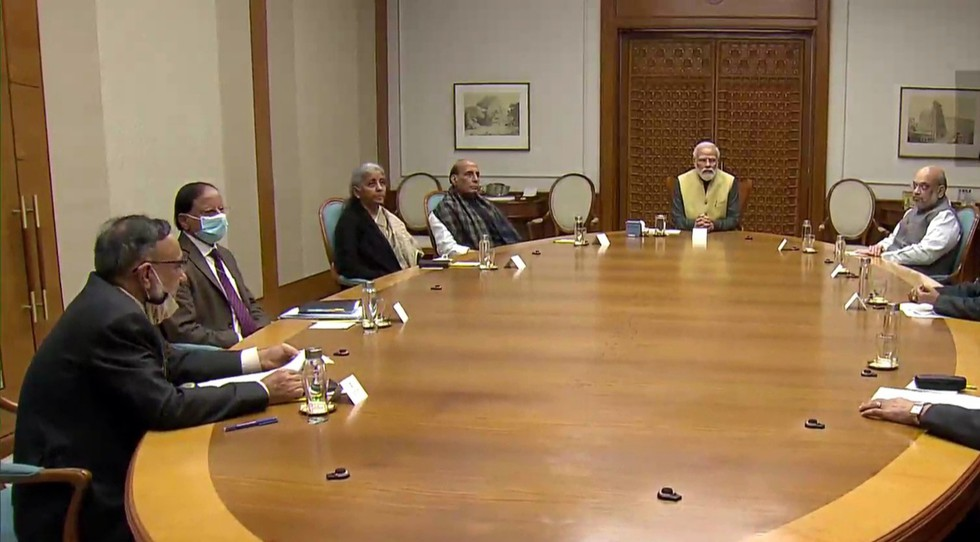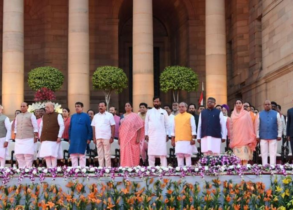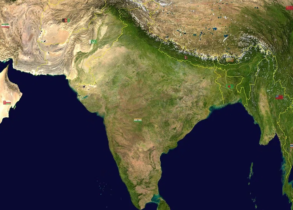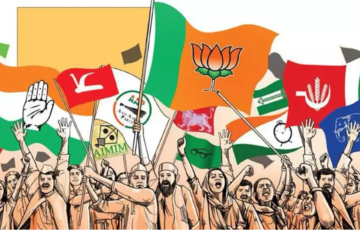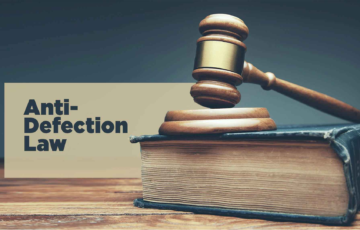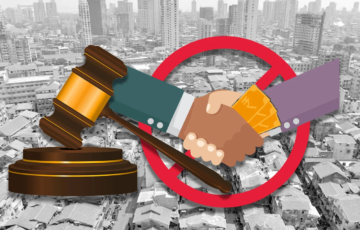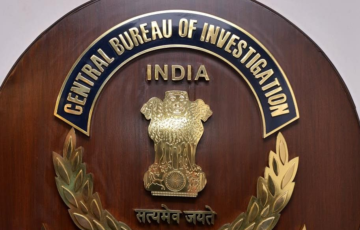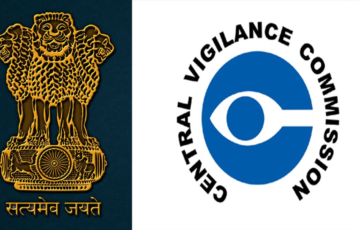CABINET COMMITTEES
Meaning
- Cabinet committees are extra-constitutional bodies that are set up by the Prime Minister of India to assist the Cabinet in its decision-making process. They are typically composed of senior cabinet ministers and experts in the field that the committee is concerned with.
- Cabinet committees are of two types: standing and ad hoc. Standing committees are permanent committees that are set up to deal with specific areas of policy on a regular basis. Ad hoc committees are temporary committees that are set up to deal with specific issues or problems.
Features:
- Extra-Constitutional Nature: Cabinet committees are not explicitly mentioned in the country’s constitution. Instead, their establishment and functioning are regulated by the Rules of Business.
- Two Types – Standing and Ad Hoc: Cabinet committees come in two primary forms: standing and ad hoc. Standing committees are permanent, while ad hoc committees are temporary and created as needed to address specific issues or situations.
- Composition of Ad Hoc Committees: Ad hoc committees are established by the Prime Minister as required, and they are disbanded once their tasks are completed. Their membership, name, and composition can vary over time, depending on the specific problem they are tasked with addressing.
- Membership: Cabinet committees usually consist of Cabinet Ministers. Non-Cabinet Ministers are not necessarily excluded from these committees, but the primary membership is composed of Cabinet Ministers. Senior Ministers may also be included.
- Leadership: Cabinet committees are typically headed by the Prime Minister, although sometimes other Cabinet Ministers may act as the chairman. If the Prime Minister is a member of a committee, they usually preside over it.
- Functions: Cabinet committees play a crucial role in sorting out issues and formulating proposals for consideration by the full Cabinet. They also have decision-making authority, although the Cabinet can review and potentially overturn their decisions.
- These cabinet committees help streamline the decision-making process, enhance coordination within the government, and ensure that complex issues are thoroughly examined before reaching the full Cabinet for final decisions. They are a common feature in parliamentary democracies to efficiently manage the administration of the country.
List of Cabinet Committees
- At present there are 8 Cabinet Committees:
- Cabinet Committee on Political Affairs.
- Cabinet Committee on Economic Affairs.
- Appointments Committee of the Cabinet.
- Cabinet Committee on Security.
- Cabinet Committee on Parliamentary Affairs.
- Cabinet Committee on Accommodation.
- Cabinet Committee on Investment and Growth.
- Cabinet Committee on Employment and Skill Development.
Political Affairs Committee:
Economic Affairs Committee:
Appointments Committee:
Parliamentary Affairs Committee:
|

